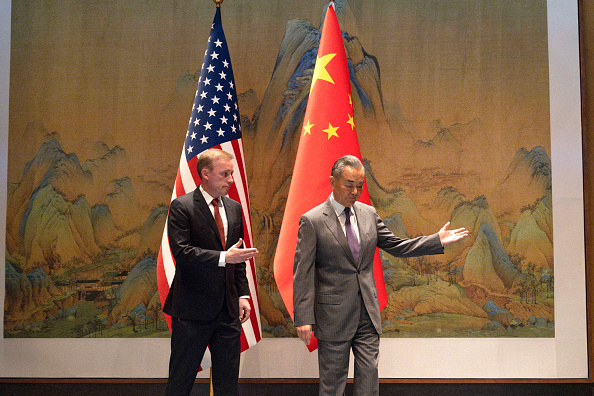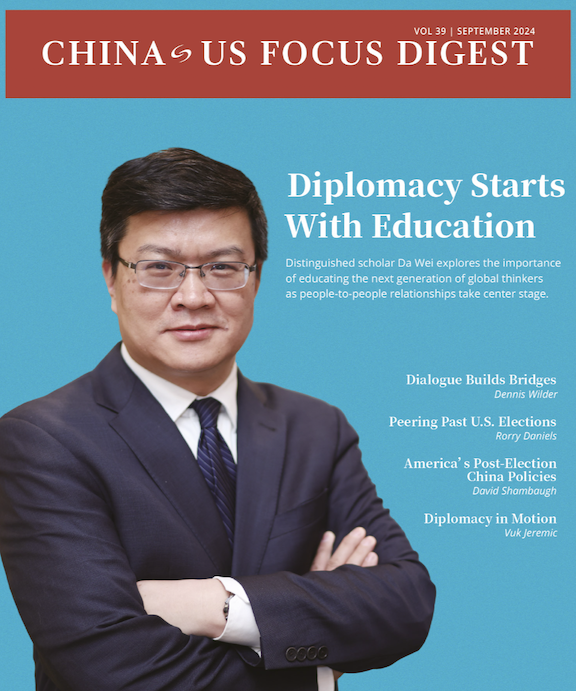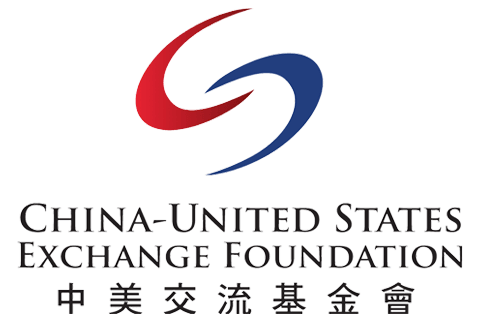
Dear Focus Reader,
Vice President Kamala Harris and former President Donald Trump clashed over views on U.S.-China relations during their first presidential debate this week, highlighting issues like trade and foreign policy. During the nearly two hour long discourse, Harris accused Trump of being overly lenient with Chinese President Xi Jinping and criticized his handling of trade wars and the escalating U.S. trade deficit during his term. She also pointed out that Trump's tariffs, which he hailed as a strength, had damaged U.S. industries while benefiting China's modernization, particularly in its military sector. Trump, in response, reiterated his claim that China had been exploiting the U.S. for years, touting his tough stance on tariffs as a key accomplishment.
The debate also highlighted differences over China's role in the COVID-19 pandemic, though Trump largely sidestepped the issue, focusing instead on his broader claim that his leadership would have prevented major global crises, including Russia's invasion of Ukraine and the ongoing Gaza conflict.
While the debate touched on China, major aspects of U.S. policy in Asia, including tensions in the South China Sea and the U.S. commitment to Taiwan, were notably absent. This lack of substantive discussion on Asia raised concerns among analysts, as U.S.-China relations remain a focal point in global geopolitics.
Simultaneously, this week in Washington, Congress's "China Week" saw the Republican-led House of Representatives pass 25 bills aimed at countering China's growing influence. These bills, which range from curbing Chinese investment in U.S. agriculture to limiting Chinese-made electric vehicles from tax incentives, reflect a largely bipartisan effort to address economic and security threats that legislators argue are posed by China. Republican House Speaker Mike Johnson emphasized that these measures would strengthen U.S. positions in strategic sectors, including technology and defense.
China responded swiftly, with officials condemning the legislation as politically motivated and warning that it would harm bilateral relations. Liu Pengyu, a spokesperson for the Chinese Embassy in Washington, described the bills as promoting Cold War-era thinking, accusing U.S. lawmakers of using China as a political target in an election year.Learn more on China-US relations by catching up on our latest Focus content, including articles on security, Jake Sullivan's Beijing trip, and the U.S. presidential elections.
The potential amount in dollars that the global GDP could shrink due to global fragmentation, as estimated by the IMF.
Learn more in "Sino-Italian Relations: A Test Case for the EU's De-Risking Dilemma," by Sebastian Contin Trillo-Figueroa, Geopolitics Analyst in EU-Asia Relations and AsiaGlobal Fellow, The University of Hong Kong.
Bonsai: A Story of Patience, Perseverance and Perfection
Watch VideoIn our Focus Insights section, we shared an article by Fudan University Professor Zhao Minghao, where he discusses U.S. National Security Advisor Jake Sullivan's recent visit to China.
We want to hear from you!
The leaders agreed that Taiwan remains a central issue between China and the U.S., which could prevent productive movement forward in the relationship. How can the two countries navigate the Taiwan issue while preserving peace and stability in the region, and what are the potential consequences of missteps on this front?
Submit your thoughts to USeditor@chinausfocus.com for a chance to be featured in next week's Focus This Week.
useditor@chinausfocus.com for more info.
Prepared by China-US Focus editorial teams in Hong Kong and New York, this weekly newsletter offers you snap shots of latest trends and developments emerging from China and the U.S. every week. It is a community space to exchange thoughts and ideas about the China-U.S. relationship and beyond.
- 2024-09-06 Focus This Week: Increasing Influence
- 2024-08-30 Focus This Week: Dialogue and Diplomacy
- 2024-08-23 Focus This Week: Intensifying Competition
- 2024-08-16 Focus This Week: Working Group Progress
- 2024-08-09 Focus This Week: Walz-ing into a new era?
- 2024-08-02 Focus This Week: Time Remaining
- 2024-07-26 Focus This Week: Political Shifts
- 2024-07-19 Focus This Week: The Third Plenum
- 2024-07-12 Focus This Week: 75 Years of NATO
- 2024-06-28 Focus This Week: The Race to November
- 2024-06-21 Focus This Week: Global Currents
- 2024-06-14 Focus This Week: A Diplomatic Tour
- 2024-06-07 Focus This Week: Searching for Peace
- 2024-05-31 Focus This Week: A Rare Meeting
- 2024-05-24 Focus This Week: Inauguration Across the Strait
- 2024-05-17 Focus This Week: Alliance Strengthened
- 2024-05-10 Focus This Week: Strategic Partnership
- 2024-05-03 Focus This Week: Xi's Heading to Europe
- 2024-04-26 Focus This Week: Advancing Relations
- 2024-04-19 Focus This Week: Collective Concerns



